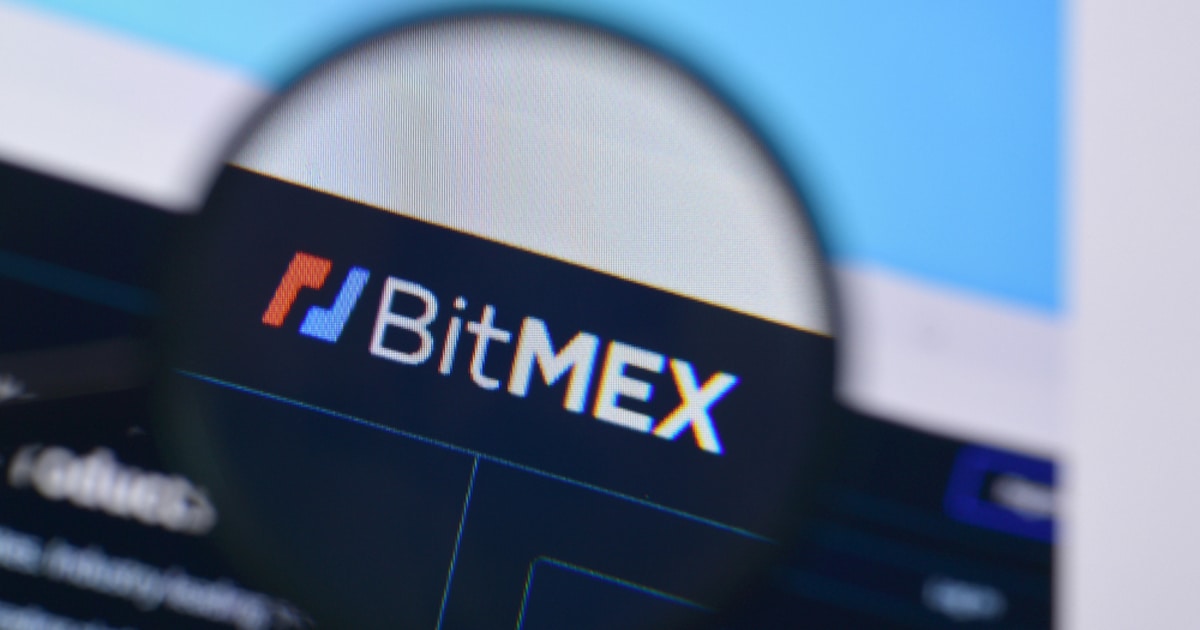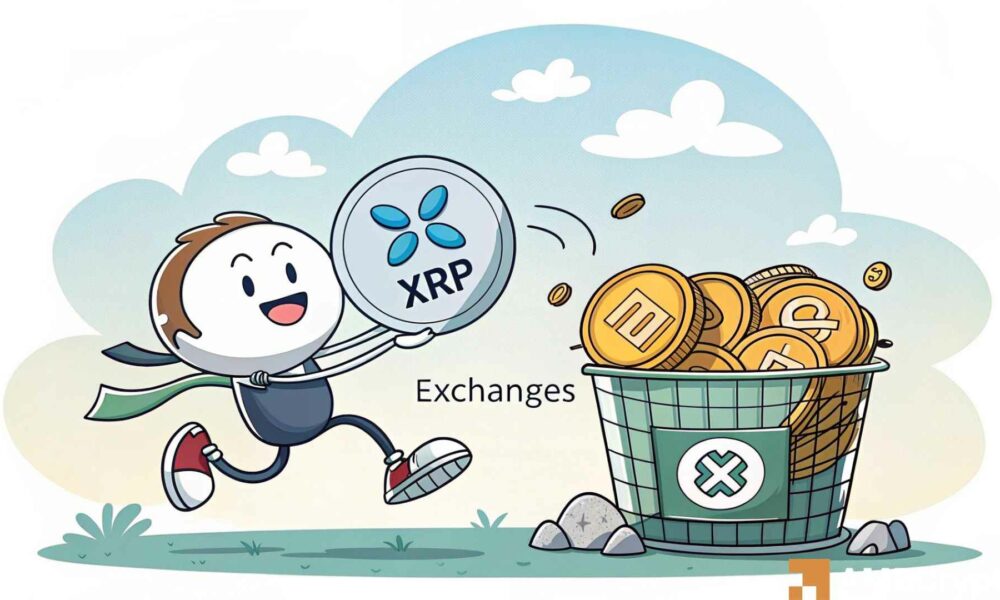Alvin Lang
Aug 22, 2024 15:06
The HKMA alerts the public to phishing instant messages linked to HSBC, urging caution and immediate action if personal information has been shared.
The Hong Kong Monetary Authority (HKMA) has issued a warning to the public regarding phishing instant messages that falsely claim to be from The Hongkong and Shanghai Banking Corporation Limited (HSBC). This alert comes in response to a series of reports made to the HKMA about such fraudulent activities, according to the HKMA.
Details of the Phishing Scam
These phishing messages typically aim to deceive recipients into providing sensitive personal information by mimicking legitimate communication from HSBC. The HKMA emphasizes that banks will not send SMS or emails containing embedded hyperlinks that direct users to the bank’s website for transactions. Furthermore, banks will never request sensitive information such as login passwords or One-Time Passwords (OTPs) through phone calls, emails, or SMS, especially via embedded links.
Public Advisory and Immediate Actions
The HKMA advises anyone who has received such phishing messages and provided personal information or conducted financial transactions in response to these messages to contact their bank immediately. The contact information for HSBC can be found in the official press release. Additionally, affected individuals should report the incident to the Hong Kong Police Force’s Crime Wing Information Centre at 2860 5012.
Related Incidents and Broader Context
This alert follows a growing trend of sophisticated phishing scams targeting bank customers worldwide. Recently, cybersecurity firms have noted an increase in phishing attempts leveraging SMS and instant messaging platforms to exploit unsuspecting users. In response, financial institutions and regulatory bodies have been ramping up efforts to educate the public on recognizing and avoiding such scams.
In a related development, HSBC has been actively collaborating with law enforcement and cybersecurity experts to mitigate the risks associated with these fraudulent activities. The bank has also been enhancing its security protocols to better safeguard customer information.
For more information on how to protect yourself from phishing scams, visit the HKMA’s dedicated page on fraudulent bank websites, phishing emails, and similar scams.
Image source: Shutterstock
Credit: Source link















































